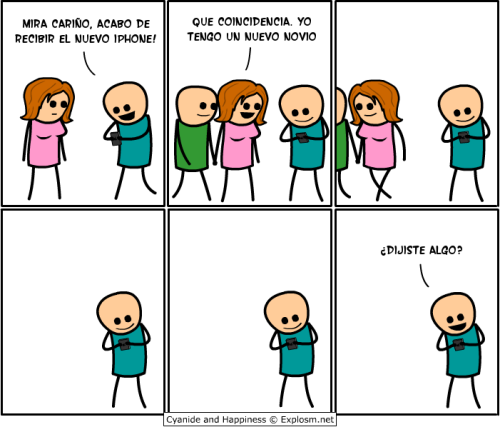tell me again why we aren't using authentic materials in the low levels?

A linguist/Spanish teacher dissatisfied with the learn it, fight it, run from it, forget it second language process in the U.S. puts music and stories together to create a revolutionary language acquisition experience--in high school.
2 comments:
If it's a translation, is it authentic? Pretty sure that one's originally by native speakers of English for native speakers of English.
It depends on your definition of authentic, which I'll write about in my post about that "authentic media" myth. My definition of authentic is anything intended to be read or heard by native speakers (and if something translated, preferably translated by native speakers). So my students read "Cajas de cartón" and "Esperanza renace" in my Spanish 3 class, both of which were originally published in English, but in their Spanish versions they are translated by native speakers and intended for native speakers, which serves my purpose, and fits my definition. You might have a different opinion though. Certainly media that doesn't exist or never existed in English is the best kind of authentic, but limiting that far is unnecessary, I think.
Post a Comment